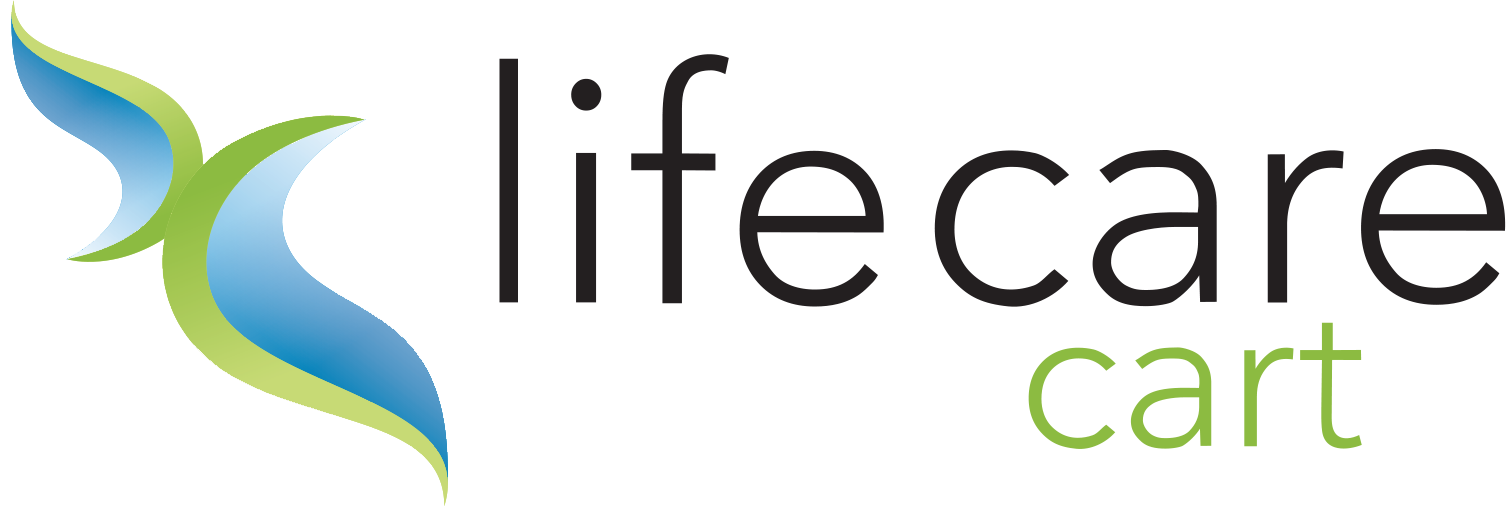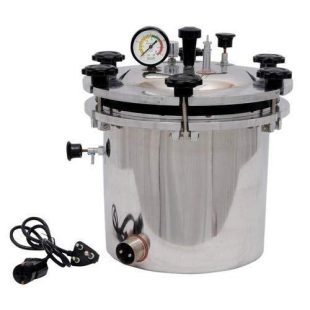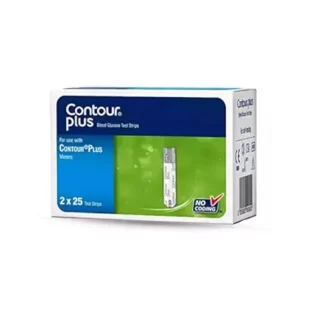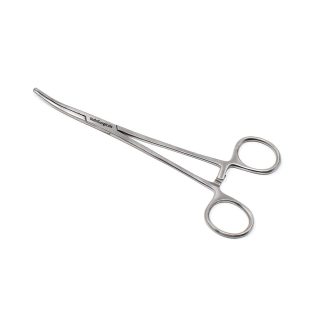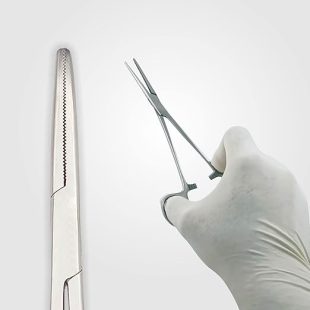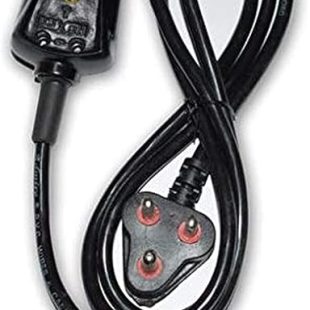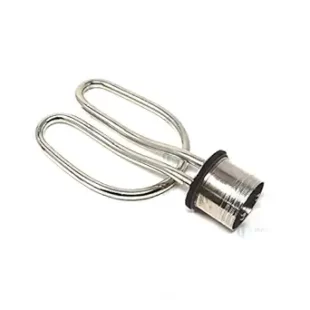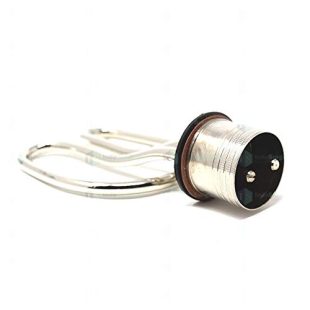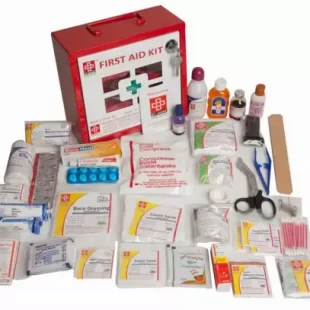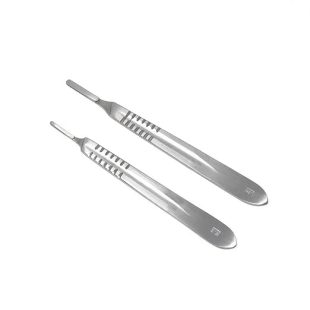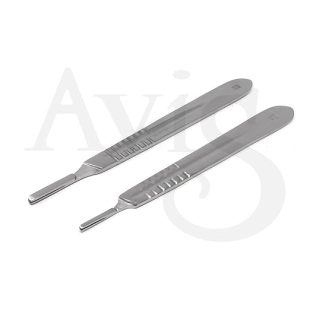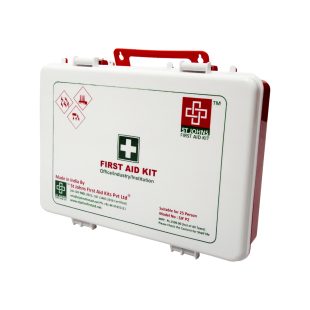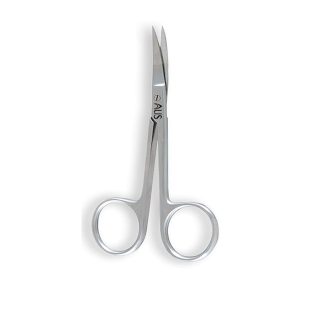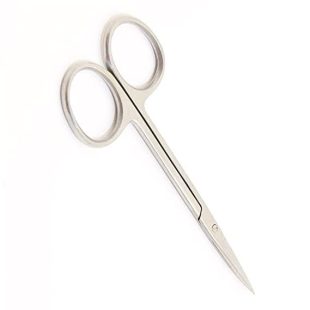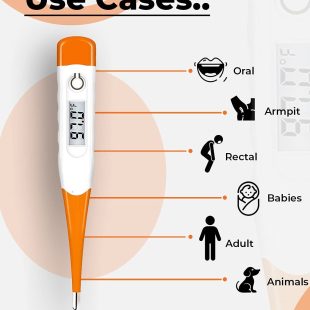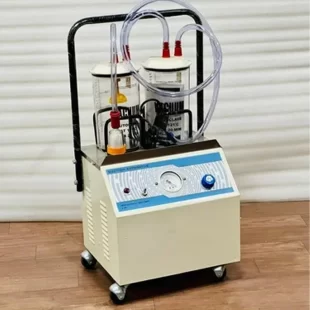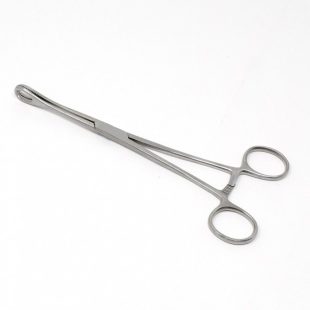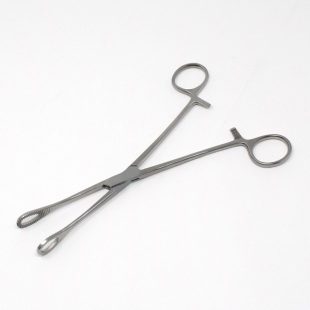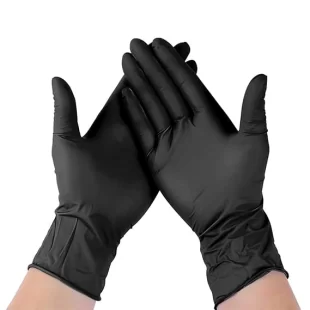The Best Surgical Products for Home Use Available at a Surgical Shop Online
- Surgical storesurgical Instruments
- Posted on
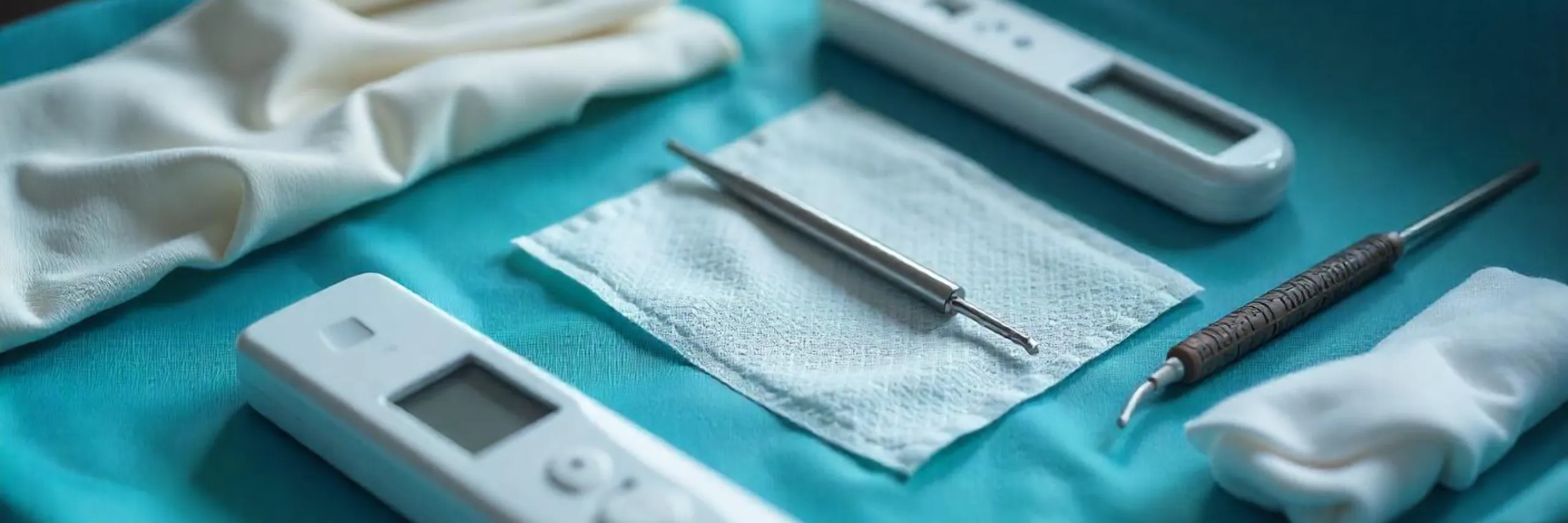
Imagine having the ability to handle minor medical emergencies or perform basic medical procedures right from the comfort of your home. Whether you’re a healthcare professional, a caregiver, or simply someone who values preparedness, having the right surgical instruments at home can be a game-changer. From stitching a deep cut to removing a splinter, the right tools can make all the difference in providing timely and effective care. But where can you find high-quality, reliable instruments without stepping into a medical supply store? The answer is simple: a surgical shop online.
In this blog, we’ll take a look at the best surgical instruments for home use available at a surgical shop online such as Life Care Cart, guaranteeing that you’re always ready to deal with life’s unexpected moments with confidence.
Why Surgical Instruments Are Essential for Home Use
While hospitals and clinics are equipped to handle medical emergencies, having surgical instruments at home can be incredibly beneficial for a number of reasons:
- Immediate Response: Quick access to tools can prevent complications and reduce recovery time.
- Cost-Effective: Handling minor procedures at home can save trips to the doctor or ER.
- Convenience: For caregivers or individuals with chronic conditions, having the right tools on hand is invaluable.
- Peace of Mind: Being prepared for emergencies can do away with stress and anxiety.
A surgical shop online makes it easy to build a home medical kit with high-quality, affordable instruments made just for your needs.
Top Surgical Instruments for Home Use
Here’s a list of the best surgical instruments for home use, all of which you can find at a surgical shop online:
1. First Aid Kits with Surgical Tools
- Why They’re Essential: A well-stocked first aid kit is the foundation of any home medical setup. Look for kits that include basic surgical tools like scissors, tweezers, and forceps.
- Features to Look For: Compact, portable, and pre-sterilized components.
- Best Use Cases: Minor cuts, burns, and wound care.
2. Suturing Kits
- Why They’re Essential: For deep cuts or wounds that require stitching, a suturing kit is a must-have.
- Features to Look For: Sterile needles, sutures, and forceps for easy wound closure.
- Best Use Cases: Lacerations, post-surgical care, and emergency wound management.
3. Scalpels and Blades
- Why They’re Essential: Scalpels are versatile tools for precise incisions or removing splinters.
- Features to Look For: Disposable blades and ergonomic handles for safety and comfort.
- Best Use Cases: Minor surgeries, splinter removal, and wound debridement.
4. Tweezers and Splinter Forceps
- Why They’re Essential: These tools are perfect for removing foreign objects like splinters or glass shards.
- Features to Look For: Fine tips for precision and stainless-steel construction for durability.
- Best Use Cases: Splinter removal, wound cleaning, and minor procedures.
5. Hemostatic Forceps
- Why They’re Essential: These forceps are used to control bleeding by clamping blood vessels.
- Features to Look For: Serrated jaws for a firm grip and ratcheted handles for secure locking.
- Best Use Cases: Severe bleeding and wound management.
Sale
-31%
₹750.00 Original price was: ₹750.00.₹520.00Current price is: ₹520.00. Inclusive of taxes
Sterilizer | Autoclave cord wire set
Sale
₹1,500.00 Original price was: ₹1,500.00.₹640.00Current price is: ₹640.00. Inclusive of taxes
Autoclave coil
-42%
₹2,500.00 Original price was: ₹2,500.00.₹1,450.00Current price is: ₹1,450.00. Inclusive of taxes
FIRST AID INDUSTRIAL KITS-SJF M5
Sale
₹320.00 Original price was: ₹320.00.₹100.00Current price is: ₹100.00. Inclusive of taxes
BP Blade Handle
Sale
First Aid -Work Place Kits -SJF-P3,SJF P4,SJF P5
₹450.00 – ₹760.00Price range: ₹450.00 through ₹760.00 Inclusive of taxes6. Sterile Gauze and Bandages
- Why They’re Essential: Sterile gauze and bandages are crucial for wound dressing and preventing infections.
- Features to Look For: Pre-cut sizes and hypoallergenic materials.
- Best Use Cases: Wound care, post-surgical care, and emergency care.
7. Thermometers and Diagnostic Tools
- Why They’re Essential: Monitoring vital signs like temperature is critical during medical emergencies.
- Features to Look For: Digital thermometers, blood pressure monitors, and pulse oximeters.
- Best Use Cases: Fever monitoring, hypertension management, and respiratory care.
8. Portable Suction Devices
- Why They’re Essential: Suction devices are useful for clearing airways or removing fluids during emergencies.
- Features to Look For: Compact, battery-operated models with adjustable suction power.
- Best Use Cases: Choking emergencies, wound cleaning, and post-surgical care.
9. Surgical Scissors
- Why They’re Essential: Surgical scissors are versatile tools for cutting bandages, clothing, or tissue.
- Features to Look For: Sharp, stainless-steel blades and comfortable handles.
- Best Use Cases: Wound care, dressing changes, and minor procedures.
10. Disposable Gloves and Masks
- Why They’re Essential: Maintaining hygiene is critical during any medical procedure.
- Features to Look For: Latex-free gloves and N95 masks for maximum protection.
- Best Use Cases: Wound care, infection prevention, and emergency procedures.
Sale
Cuticle Scissors,
₹190.00 – ₹290.00Price range: ₹190.00 through ₹290.00 Inclusive of taxes
-49%
₹275.00 Original price was: ₹275.00.₹140.00Current price is: ₹140.00. Inclusive of taxes
Flexible thermometer – s cure
-43%
₹21,999.00 Original price was: ₹21,999.00.₹12,500.00Current price is: ₹12,500.00. Inclusive of taxes
Trolley Type Suction Apparatus – 1/4 (quarter) Hp
Rated 5.00 out of 5
1
Sale
₹320.00 Original price was: ₹320.00.₹100.00Current price is: ₹100.00. Inclusive of taxes
BP Blade Handle
Sale
Sponge holding forceps
₹420.00 – ₹620.00Price range: ₹420.00 through ₹620.00 Inclusive of taxes
Sale
